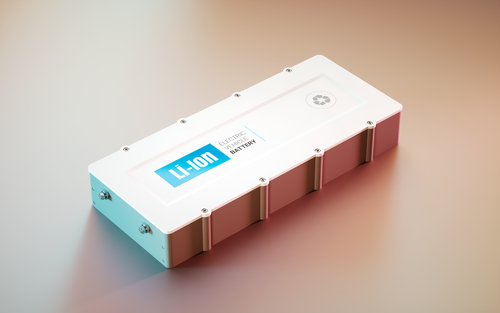
The U.S. Department of Energy (DOE) recently provided PPG with funding for its research into the use of two versatile, high-output processes in the production of lithium-ion battery electrodes.
PPG’s three-year, $2.2 million project is in collaboration with Tennessee’s Oak Ridge National Laboratory. It’s one of 13 projects funded by a DOE initiative addressing engineering challenges for advanced battery materials and devices.
The project, High-Energy and High-Power NMP-Free Designer Electrodes with Ultra-Thick Architectures Processed by Multilayer Slot-Die Coating and Electrophoretic Deposition, seeks to improve the efficiency of lithium-ion batteries used in automotive and commercial vehicle applications.
PPG commercialized cathodic electrophoretic deposition, a method for protecting vehicle panels and components from corrosion. The method eliminates the use of the solvent N-Methyl-2-pyrrolidone.
“This funding recognizes PPG’s contributions to innovative battery manufacturing processes and our potential to commercialize disruptive technologies that can help accelerate the adoption of electric vehicles,” Peter Votruba-Drzal, PPG director of global research and product development, automotive, industrial, and mobility, said.
PPG will fund half of the project costs while DOE’s Office of Energy Efficiency and Renewable Energy will fund the other half.
Funding is part of DOE’s Energy Storage Grand Challenge to create and sustain global leadership in energy storage utilization and exports.